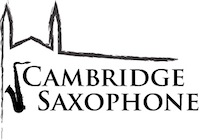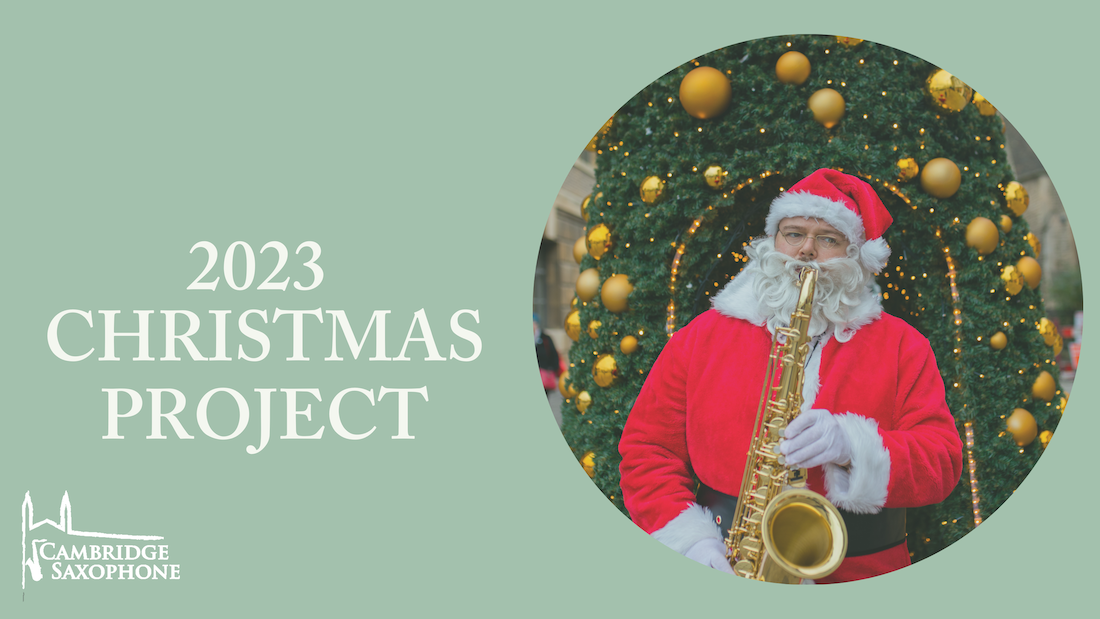2023 Christmas Project – God Rest Ye Merry Gentlemen
Well done to the seven ‘Merry Gentlemen’ of Cambridge Saxophone who put their recordings in by the deadline. This project is always good fun, but remember it’s having the deadline that pushes you to do this. We need more of you to pick up the mantle and be brave enough to record yourselves, it’s the best way to improve!
Have a wonderful Christmas!



